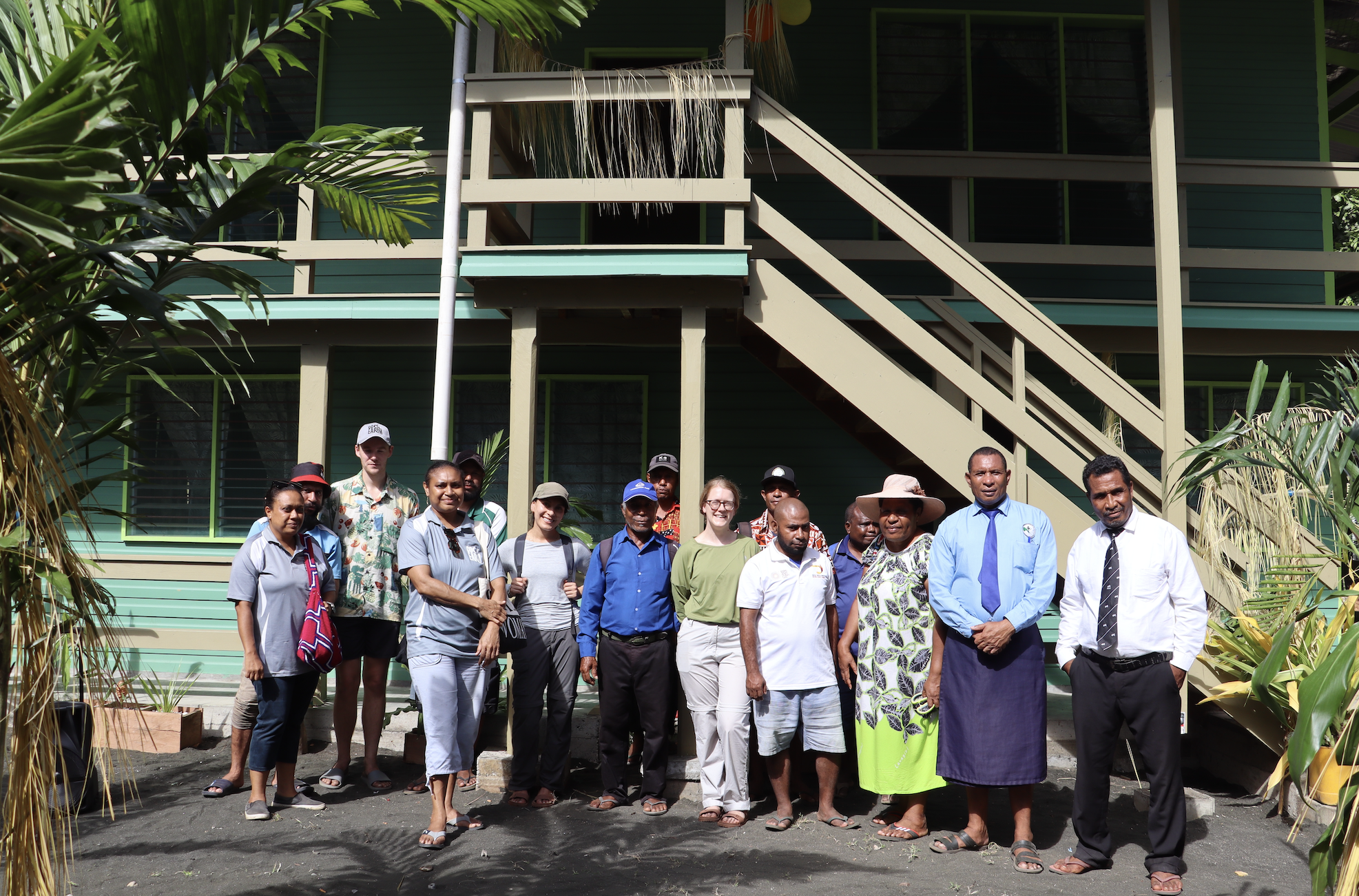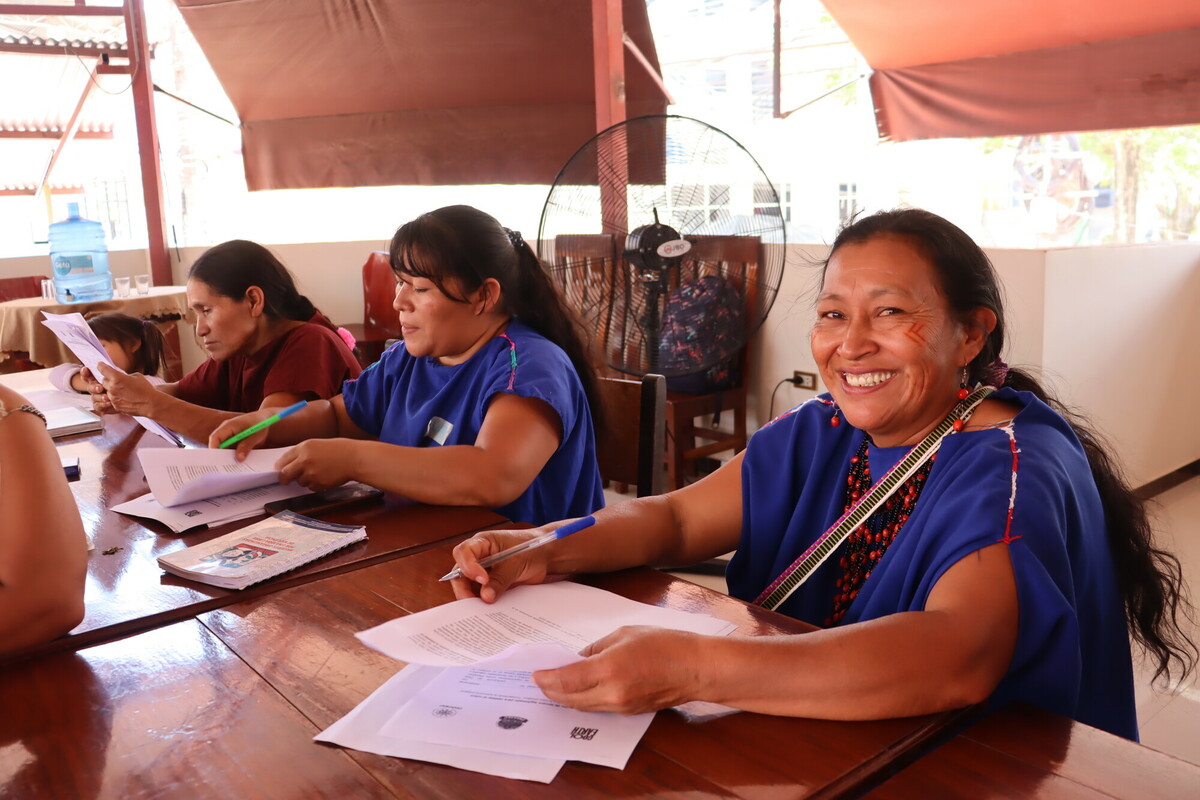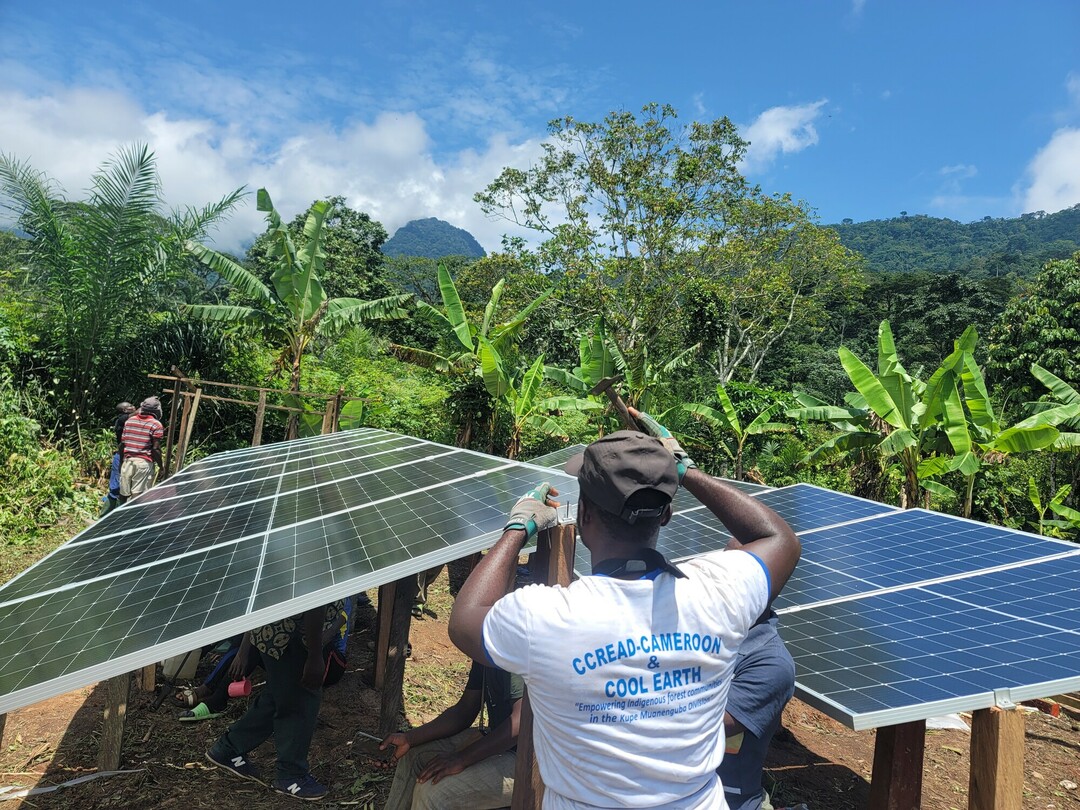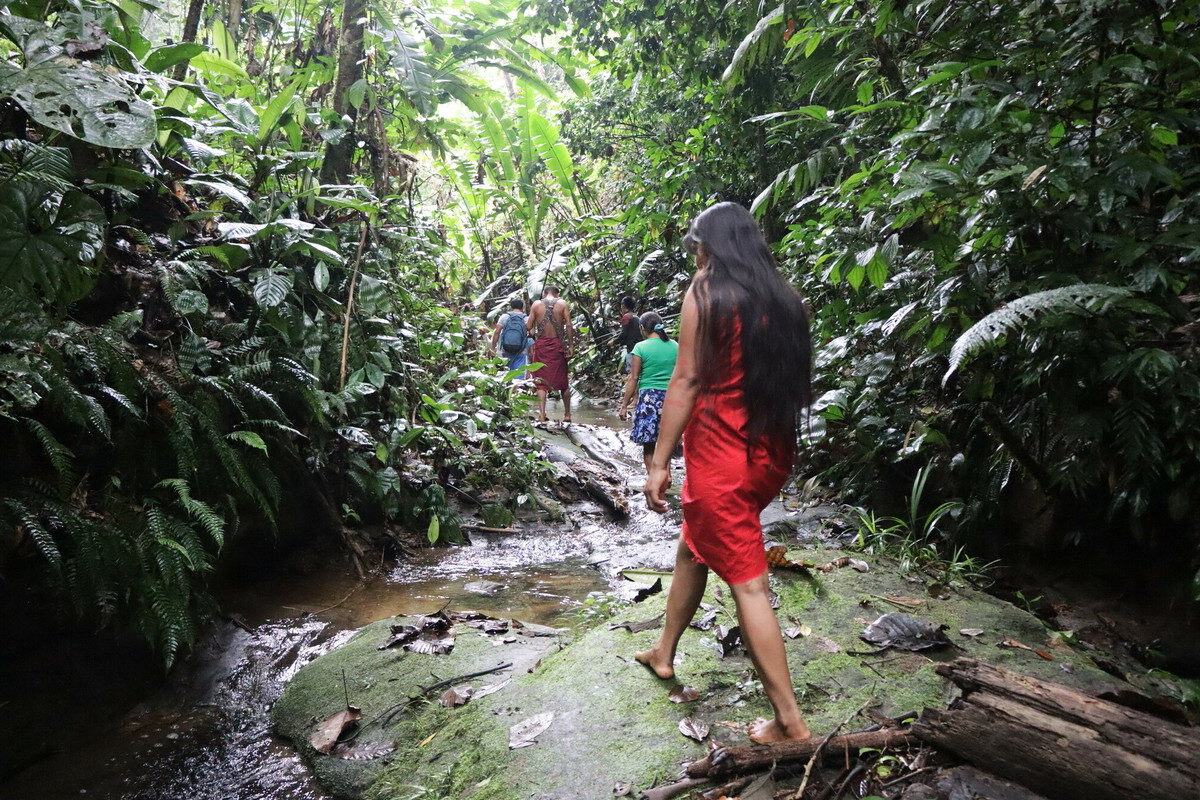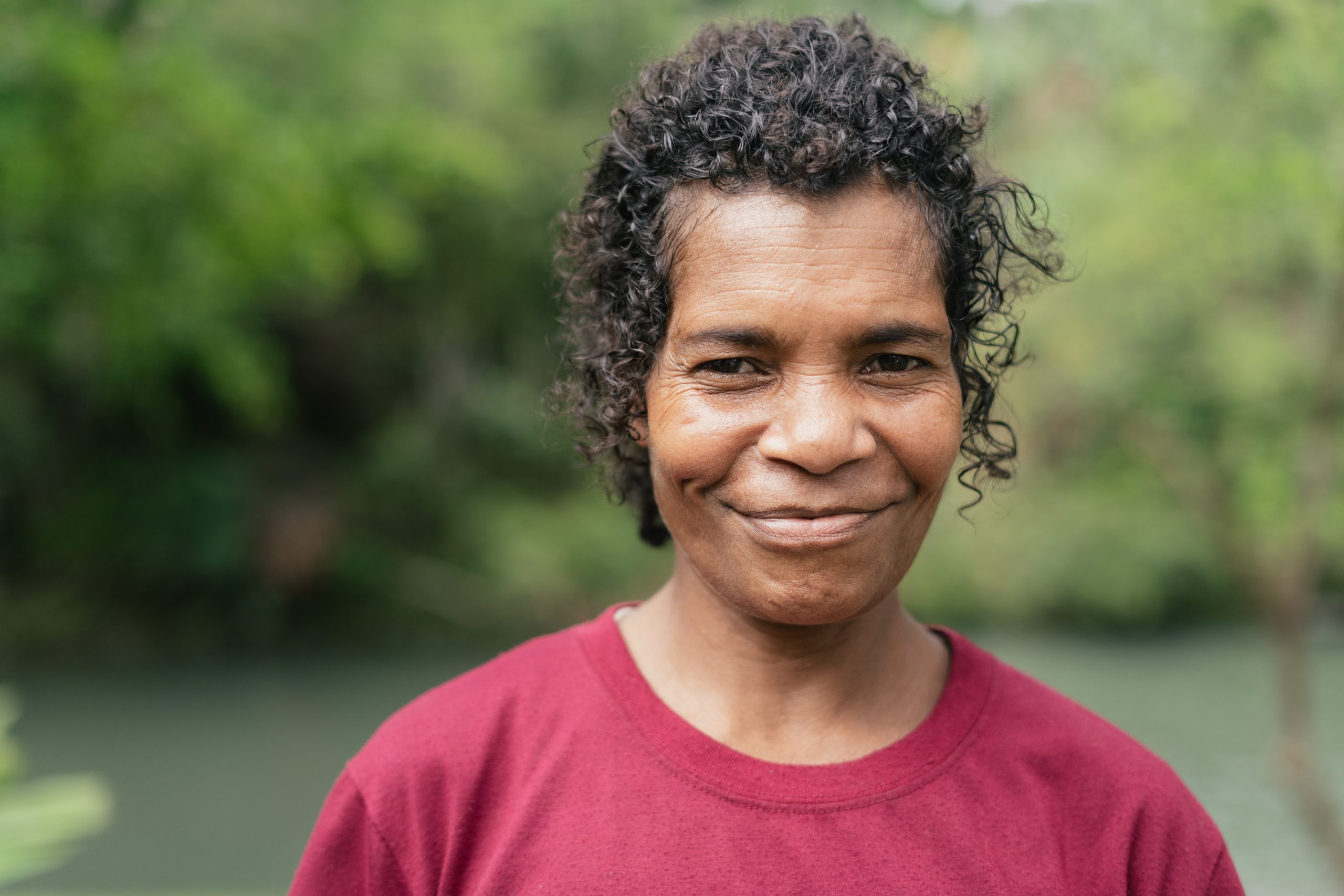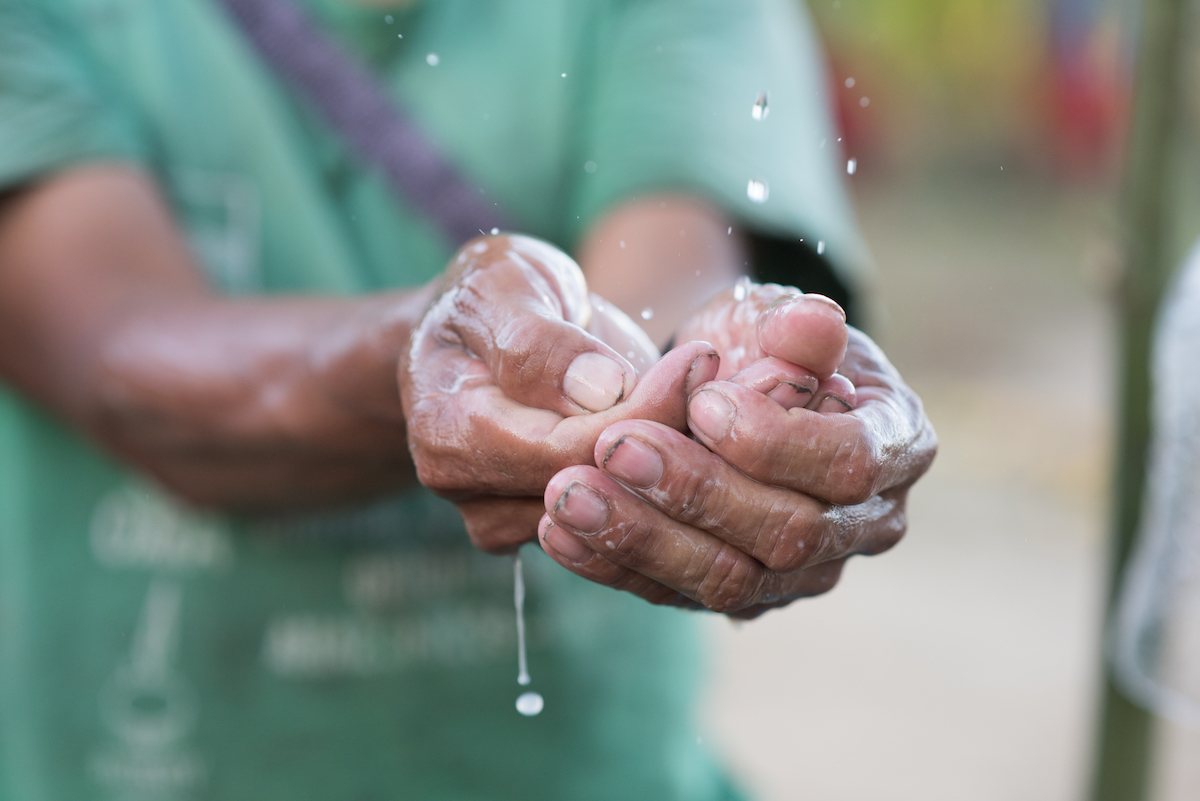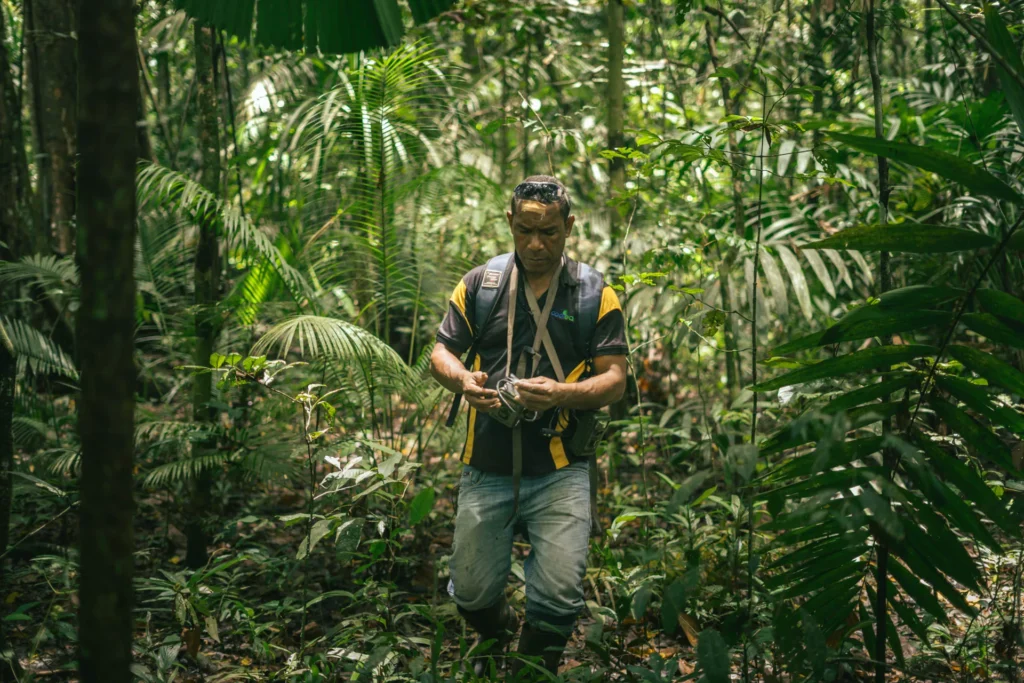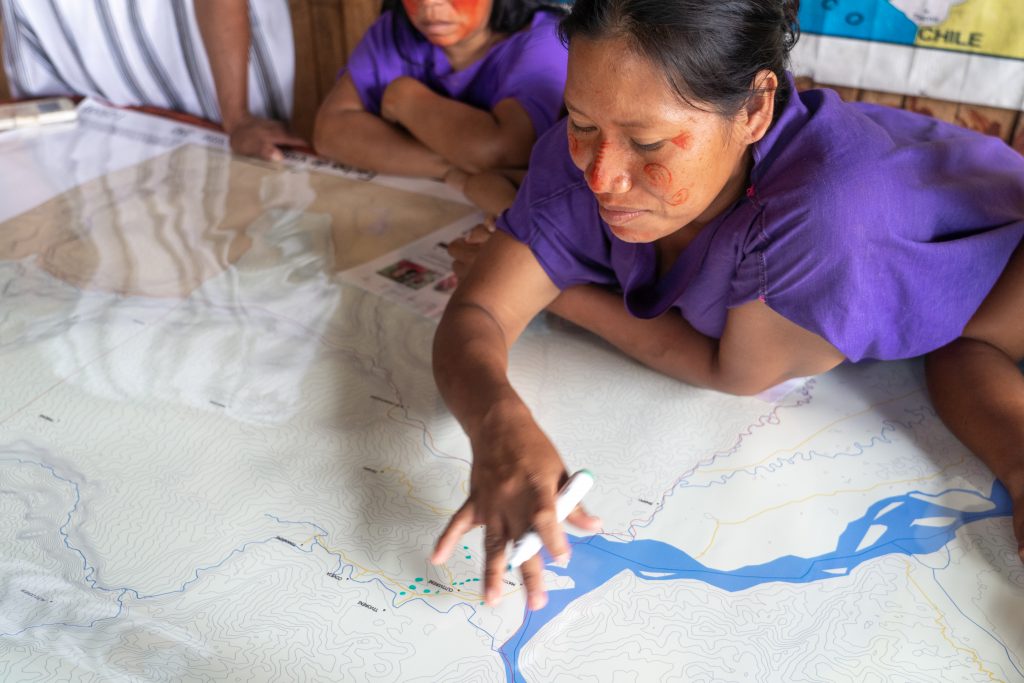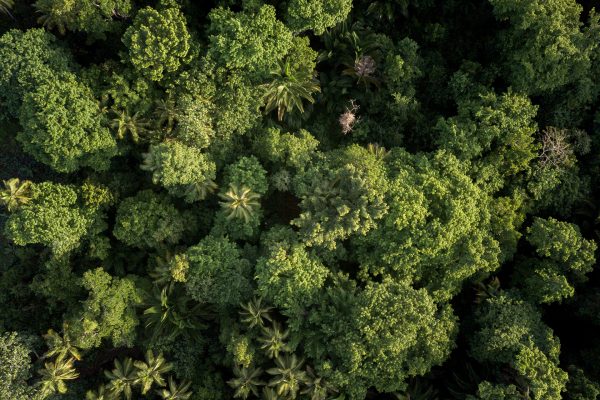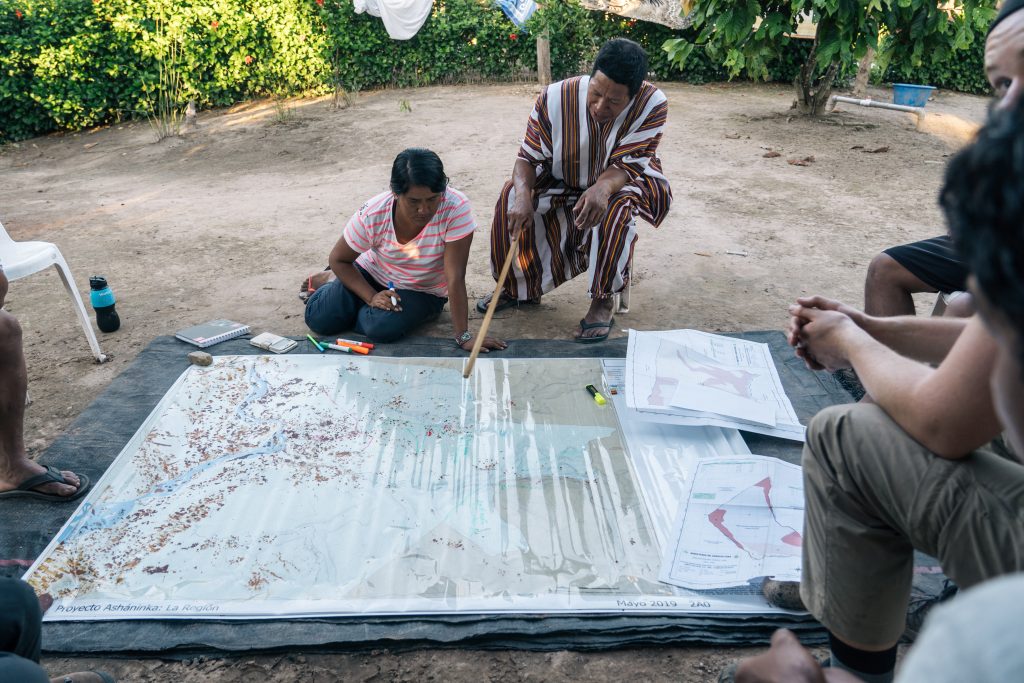Making an impact on rainforest and climate together
We focus on protecting the rainforest and tackling climate change, while also supporting the well-being and livelihoods of the people in those communities.
After all, taking care of the people is key to protecting the rainforest. Their very existence is the reason rainforest still remains intact.
Our role is to make their lives easier so they can continue doing just that.
Since 2007, we have provided cash directly and unconditionally to rainforest communities, helping to maintain forest loss rates below 1% in our partnerships in Peru, Papua New Guinea and The Congo Basin.

